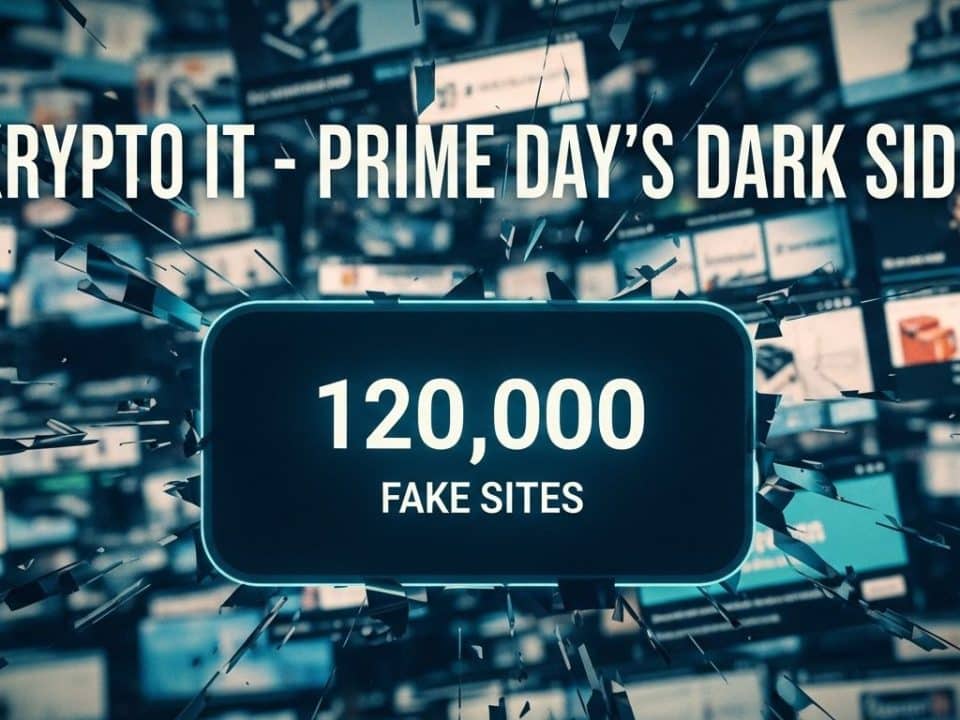
The Blurring Line: When Cybersecurity Professionals Turn to Cybercrime
March 9, 2024
Don’t Be Fooled! The Rise of Vishing and How to Protect Your SMB
March 13, 2024Imagine this: you receive an urgent email, seemingly from a trusted source, demanding immediate action. Panic sets in as you race against a ticking clock to comply, only to discover later you’ve been manipulated into a cleverly crafted scam. This is the power of social engineering, a tactic cybercriminals exploit to exploit human emotions and bypass technical security measures.
SMBs (small and medium-sized businesses) are particularly susceptible to social engineering attacks for several reasons. This blog post will equip you with the knowledge to protect your business from these deceptive tactics.
The Devious Tricks of the Trade:
Social engineering relies on manipulation and psychological triggers, not brute force hacking. Here are some common tactics used by attackers:
- Urgency and Fear: Cybercriminals often create a sense of urgency or fear by claiming to represent a bank, government agency, or IT department. They may threaten account suspension, legal action, or data breaches to pressure victims into quick decisions.
- Authority Figures: Scammers often impersonate trusted figures like CEOs, IT professionals, or customer service representatives. This tactic plays on the natural human tendency to comply with authority.
- Scarcity and Exclusivity: Attackers may offer limited-time deals, exclusive investment opportunities, or urgent upgrades to entice victims. This taps into the fear of missing out (FOMO) and the desire for a good deal.
- Emotional Appeals: Social engineering attacks can prey on human emotions like sympathy, curiosity, or even greed. Phishing emails may contain sob stories, promise significant financial gains, or offer “insider information.”
Why SMBs Are Vulnerable:
While larger corporations may have dedicated security teams and awareness training, SMBs often face several challenges:
- Limited Resources: Smaller budgets may not allow for advanced security training for employees.
- Lack of Awareness: Many SMBs are unaware of the latest social engineering tactics and the importance of cybersecurity vigilance.
- Overreliance on Trust: Smaller companies often operate with a close-knit team and may be more susceptible to trusting seemingly legitimate emails or phone calls.
Empowering Your Business to Resist the Con:
The good news is that SMBs can take proactive steps to mitigate the risk of falling victim to social engineering scams:
- Employee Training: Implement ongoing security awareness training that educates employees on social engineering tactics, phishing red flags, and safe online behavior.
- Verification is Key: Encourage employees to verify the legitimacy of any communication before taking action. This could involve contacting the sender directly through known phone numbers or websites.
- Double-Check Urgency: Be wary of emails or calls demanding immediate action. Legitimate organizations typically provide ample time for response.
- Beware of Attachments and Links: Avoid opening unknown attachments or clicking on suspicious links, even if they appear to be from a trusted source.
- Multi-Factor Authentication (MFA): Enable MFA for all accounts to add an extra layer of security beyond passwords.
- Open Communication: Foster a culture of open communication where employees feel comfortable reporting suspicious activity without fear of reprisal.
Beyond the Blog Post:
Cybersecurity is an ongoing battle, and social engineering tactics constantly evolve. Staying informed and vigilant is crucial. Consider these additional tips:
- Stay updated on current scams: Regularly review resources from reputable cybersecurity organizations to stay informed about the latest social engineering tactics.
- Conduct Phishing Simulations: Consider conducting simulated phishing attacks to test employee awareness and identify areas for improvement.
- Consult with cybersecurity professionals: Partner with cybersecurity professionals to conduct vulnerability assessments and develop a comprehensive security strategy.
By implementing these strategies, SMBs can significantly reduce the risk of falling victim to social engineering attacks and protect their valuable business assets. Remember, knowledge is power. Educate your employees, stay vigilant, and don’t let cybercriminals trick you out of your hard-earned success.
#socialengineering #cybersecurity #smb #phishing #scams #businessprotection #securityawareness #dataprivacy
P.S. Share this post to spread awareness about social engineering and empower other SMBs to protect themselves. Together, we can create a safer digital environment for all.




